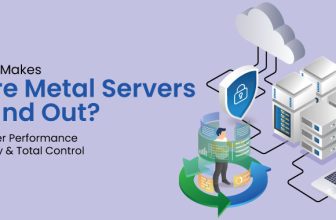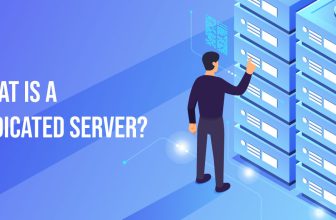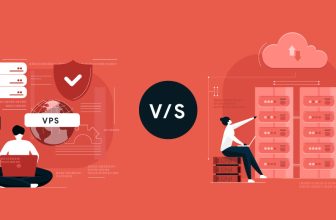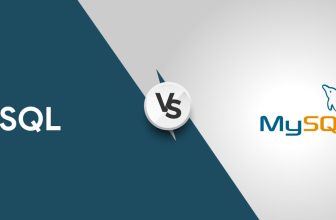Proxy Server vs VPN: Difference and Comparison
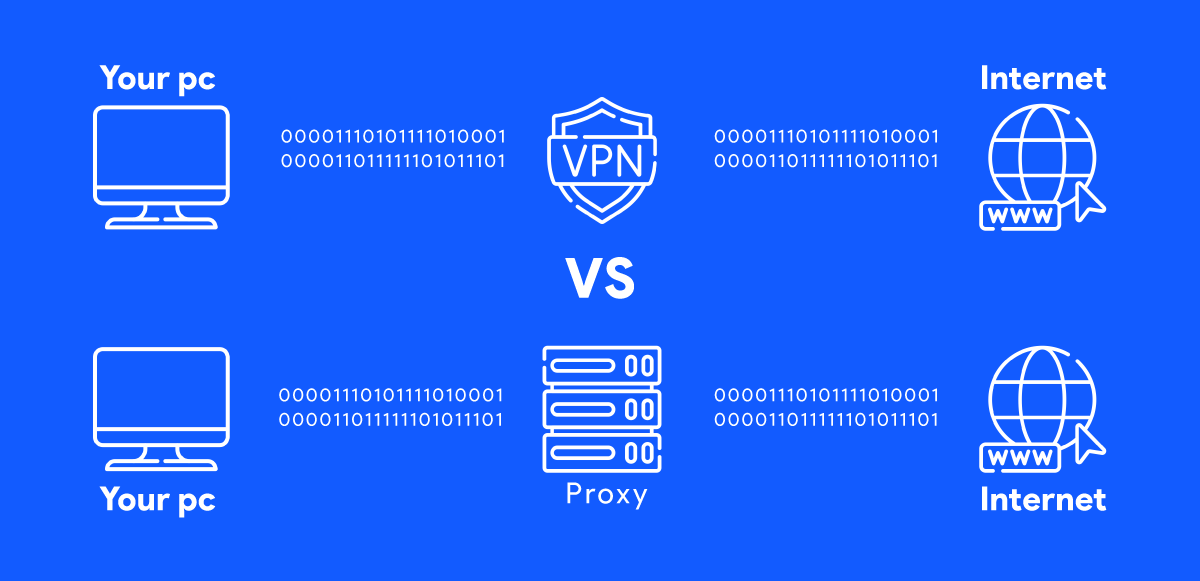
With the growing reliability of the digital network, the act of maintaining privacy is a major concern for users. Two of the most viable options to amplify your online privacy include proxy servers and virtual private networks (VPNs). These act as intermediaries, between the internal network and the public internet. But, how do you make the right choice between them? This article intends to guide you, for you to make an informed decision.
What are Proxy Servers?
Acting as an intermediary between your device and the Internet, proxy servers are powerful solutions for maintaining online privacy. How does it help you maintain anonymity? It forwards client requests to servers and sends the responses back to hide your IP address and location but without encryption.
The forward proxy intercepts the client requests, by using its own IP instead of the client’s IP, forwarding it to the server to shield the internal devices. On the other hand, reverse proxy intercepts the incoming traffic prior to its final destination at the application servers. It facilitates load balancing, adding a layer of security and traffic management. Proxy servers allow users to bypass geo-restriction, compress and cache traffic, regulate network activity, and boost bandwidth. Proxies are of various types, providing varying end functionalities and security parameters. Namely, the types include transparent, anonymous, high anonymity, distorting, data center, residential, SSL, shared, and public proxies.
What are VPNs?
Virtual Private Networks (VPNs) are known to route internet traffic through an encrypted tunnel, and it happens at the operating system level. This tunnel between the user and the VPN server encrypts the internet connection, hiding the IP address and identity. It typically combines encryption and proxying to anonymize user data, for highly secure data exchange and encrypted remote access. VPNs leverage top-tier encryption protocols such as OpenVPN and WireGuard for optimal-level security. There are two types of VPNs, namely, client-based VPNs and site-to-site VPNs. The client-based VPN allows a VPN client on remote devices to form a secure connection with the network. The site-to-site VPN sets up connections between multiple intranets, such as, over corporate or branch-office networks. You can either use corporate or private VPN, for business or personal use. Offering end-to-end encryption, you can easily hide your IP address and ensure comprehensive security.
Key Differences Between Proxy Servers and VPNs
There are certain key differences between proxy servers and VPNs, which have been listed below.
Encryption and Security
When it comes to security, proxy servers anonymize IP servers without encrypting the Internet traffic. Hence, security can be a concern. SSL proxies form an exception, but they can create performance issues. VPNs however encrypt all internet traffic between the client and the server. It gives you unparalleled security and privacy, be it from hackers, ISPs, or government surveillance.
Outgoing & Incoming Traffic and Load Balancing
For outgoing traffic, proxy servers provide anonymity to the client’s IP address whereas VPNs additionally encrypt it. For the incoming traffic, proxy servers can screen traffic but it has no control over the entities who can send traffic. VPN however only allows VPN clients to send traffic from the authorized devices. In terms of load balancing, proxy performs enhanced distribution of incoming traffic, whereas this feature is not available on VPNs.
Scope and Application
Proxy servers operate at the application level and only allow certain apps and browsers to reroute traffic. But VPN functions irrespective of the application to secure the internet traffic in its entirety coming from the device.
Speed and Performance
Drawing a comparison with speed as the metric, it depends on a multitude of factors. Proxy servers are fast because they do not encrypt data. However, due to shared use, free proxies can be slower owing to the overwhelming server load. VPN speed typically depends on server quality as well as traffic distance. While encryption on VPNs can slow down speed, high-quality VPNs use advanced features for seamless speed and performance.
Data Logging
Proxy servers may log user activity, exposing the data to unauthorized third parties. Premium VPNs generally feature a no-log policy, so that there is no compromise on user privacy.
Setup and Configuration
Users can easily set up proxy servers. It only requires a proxy server address and port. VPNs offer more complexity, as they need VPN client and protocol selection.
Cost
While free proxies are budget-friendly, it offer less security and reliability. The paid options come with a host of additional features but tend to be expensive. To use VPNs, you need a subscription. However, it is more reliable with better provisions for security.
Conclusion
Using a VPN is recommended for general privacy across all applications. However, when it comes to speed and simplicity, you can use proxy servers to immediately hide the IP address without encryption. But for sensitive data, encryption is recommended making VPN a better choice because of its comprehensive encryption and no-logging policies. Hence, based on the individual needs of the organization, in terms of speed and security, one needs to make the right choice.



